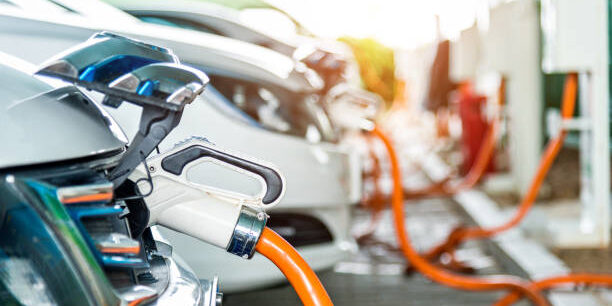The electric vehicle (EV) battery recycling sector is set to experience significant growth, driven by increasing demand for sustainable practices within the automotive industry. Effective logistics and supply chain strategies will play a pivotal role in enhancing the profitability and efficiency of recycling operations, ultimately contributing to a greener future.
Recycling EV batteries offers the opportunity to reclaim valuable materials such as cobalt, copper, lithium, and nickel. These materials can be reused repeatedly, reducing the need for virgin resources and minimizing the environmental impact of mining. By creating a robust circular supply chain, the industry can ensure a steady supply of critical components for new battery production, supporting the overall growth of the EV market.
To meet the rising demand for battery recycling, companies are establishing new facilities and forming partnerships to streamline collection processes. By leveraging an extensive network of locations—including dealerships and distribution centers—these partnerships will enhance the recovery of used batteries and facilitate their transportation to recycling centers.
While the current number of EVs on the road is still growing, experts project that as more vehicles reach the end of their life cycles, the volume of recyclable batteries will increase significantly. Innovations in battery technology, such as lithium iron phosphate (LFP) chemistry, present new opportunities for recovery, ensuring that valuable materials are effectively salvaged, even from lower-value batteries.
Building efficient reverse supply chains is crucial to this endeavor. Logistics providers are collaborating to develop cost-effective collection services, which will safely transport used batteries from various locations to recycling facilities. By focusing on regional logistics, the industry can minimize transportation costs and enhance the safety of these operations, ensuring a more sustainable approach to battery disposal.
Despite recent challenges, including high vehicle prices and limited charging infrastructure, the future of the EV market remains bright. The introduction of new vehicle models is expected to stimulate demand and, in turn, increase the number of batteries available for recycling. Additionally, government support, such as tax incentives for recycled battery materials, further enhances the industry’s potential.
Industry analysis indicates that the EV battery recycling market is on a trajectory for substantial growth, with revenues projected to exceed $95 billion annually by 2040. This optimistic outlook underscores the vital role that supply chains and logistics play in transforming the EV battery recycling landscape, paving the way for a sustainable and circular economy.
#ICTTMNews #BreakingNews #SustainableSupplyChain #EVRecycling #GreenLogistics #BatteryRecovery #PositiveImpact







